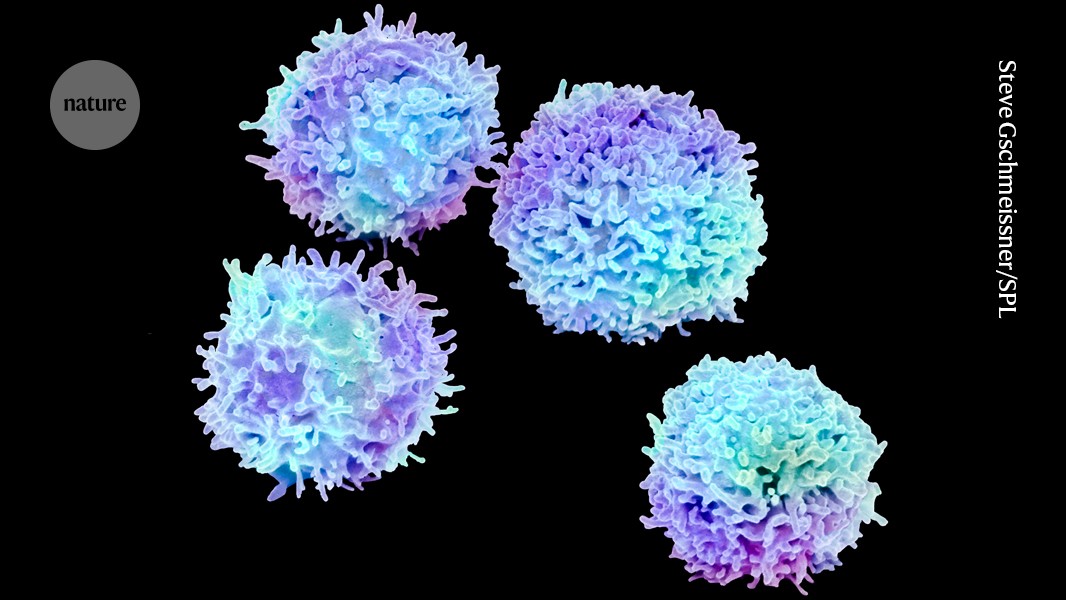Alternative medicine
fromAlternative Medicine Magazine
1 week agoWhat is Autoimmune Disease: A Complete Guide
Autoimmune diseases occur when the immune system attacks the body's own tissues; lifestyle, environmental exposures, and genetics influence risk; treatments manage but do not cure.




:max_bytes(150000):strip_icc()/TAL-header-volcan-acatenango-guatemala-HIKEDVOLCANO0725-0e1578c9de574c85807380e89bbccd6d.jpg)






